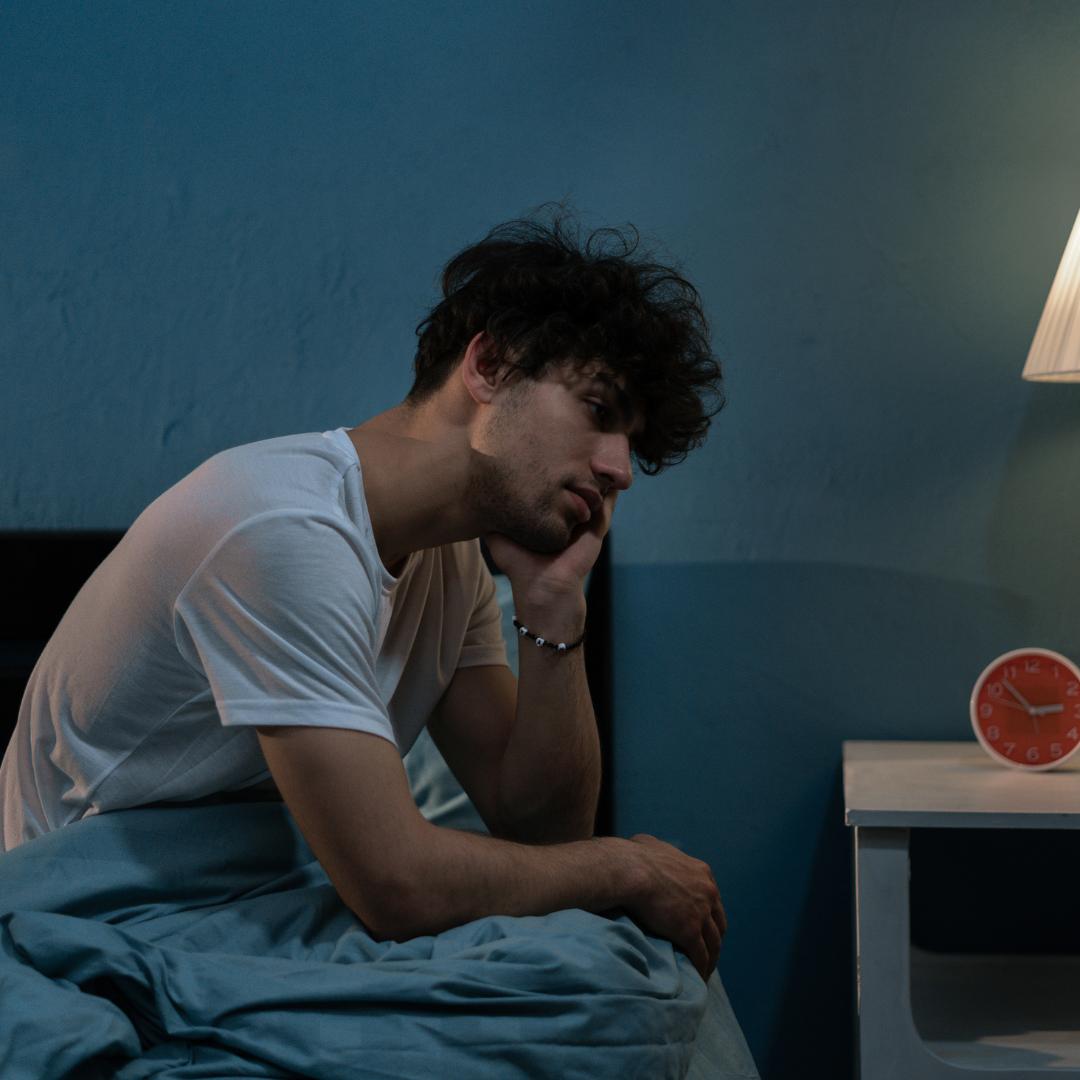How cognitive behavioral therapy for insomnia (CBT-I) can improve sleep for athletes and performers


In the competitive world of athletics and performance arts, achieving peak performance requires not only physical prowess but also mental resilience. However, one often underestimated factor that can profoundly affect performance is sleep. Cognitive Behavioral Therapy for Insomnia (CBT-I) is a powerful tool used to address sleep disruption. In this article, we’ll discuss how CBT-I can improve sleep for athletes and performers, paving the way for enhanced performance and well-being.
How does sleep impact performance?
Just as athletes meticulously train their bodies for optimal performance, quality sleep is crucial for ensuring they can perform at their best. Sleep serves as the body’s natural recovery mechanism, promoting physical restoration, cognitive function, and emotional stability. Yet, many athletes and performers struggle with sleep disturbances, which can negatively impact their performance on the field, stage, or court.
What is Cognitive Behavioral Therapy for Insomnia (CBT-I)?
CBT-I offers an evidence-based solution for addressing insomnia and improving sleep quality. Unlike quick-fix solutions, CBT-I tackles the root causes of sleep disturbances, empowering individuals with practical strategies to enhance their sleep hygiene and overall well-being. From adjusting negative thought patterns to implementing relaxation techniques, CBT-I equips athletes and performers with the tools they need to reclaim restful sleep and unlock their full potential.
How can CBT-I Benefit Athletes and Performers?
- Identifying and Addressing Performance-Related Worries: Athletes and performers often experience heightened anxiety and stress surrounding competitions, auditions, or performances, which can disrupt sleep. CBT-I helps individuals recognize and challenge these performance-related worries and develop more adaptive coping mechanisms to manage pre-sleep anxiety.
- Establishing Healthy Sleep Habits: CBT-I incorporates behavioral techniques to promote healthy sleep habits and improve sleep hygiene. Athletes and performers learn to establish a consistent sleep schedule, create a relaxing bedtime routine, and limit stimulating activities before bed to optimize sleep onset and quality.
- Strengthening the Association Between Bed and Sleep: Many individuals with insomnia struggle to associate their bed with sleep, leading to difficulties falling asleep or staying asleep. CBT-I utilizes techniques such as stimulus control to strengthen the association between bed and sleep, helping athletes and performers achieve a more restful night’s sleep.
- Implementing Sleep Restriction: Sleep restriction is a key component of CBT-I that involves limiting time spent in bed to match the individual’s actual sleep duration. While initially challenging, sleep restriction can help improve sleep efficiency and consolidate sleep throughout the night, leading to more restorative sleep for athletes and performers.
Sleep is a cornerstone of peak performance for athletes and performers alike. By utilizing CBT-I, individuals are no longer stuck tossing and turn the night before an important performance and can reclaim restful, rejuvenating sleep. As the foundation of physical and mental well-being, quality sleep holds the key to taking your game to the next level.
If you’re an athlete, performer, coach, or parent seeking to optimize sleep and performance, consider exploring the use of CBT-I. Contact us for a free consultation and take the first step towards a more restful future.

Dr. Jason von Stietz specializes in Cognitive Behavior Therapy and Sport/Performance Psychology in Torrance, CA. He provides online therapy (telehealth) by way of the Torrance office and is available for a free initial phone consultation. Dr. von Stietz works with individuals from Long Beach, the greater Los Angeles area, and the South Bay including Palos Verdes, Redondo Beach, Hermosa Beach, Manhattan Beach, El Segundo and all over California.




